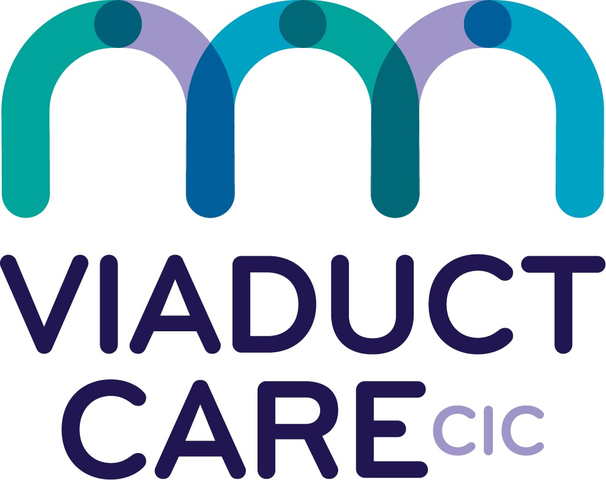Friday 18 October, was the tenth anniversary of World Menopause Day. The purpose of the day was to raise awareness for women who face health issues when approaching, during and beyond the menopause to improve health and wellbeing.
The day was established in 2009 by the International Menopause Society. The theme of World Menopause Day 2019 is ‘Testosterone for Women at Midlife’. For more information see https://thebms.org.uk/publications/tools-for-clinicians/testosterone-replacement-in-menopause/
The menopause is a natural part of ageing for women. Menopause is when a woman has her last period. It usually occurs between 45 and 55 years of age, although it can occur any time up to women’s mid-60s. A premature menopause can occur, with periods stopping before the age of 40, either naturally or as an effect of a medical condition or its treatment. It is important to be aware that the menopause is a natural and temporary stage in women’s lives and that not all women experience significant symptoms. However, around 30-60% of women experience intermittent physical and/or psychological symptoms during the menopause. These are associated with a decrease in the body’s production of the hormone oestrogen. Symptoms on average continue for four years from the last period, and 1 in 10 women experience symptoms for up to 12 years.
Menopause is the process a woman goes through that causes her periods to end. It’s a turning point, not a disease, but it can have a big impact on a woman’s well-being. Although menopause can bring physical discomfort from hot flashes, night sweats, and other symptoms, it can also be the start of a new phase of a woman’s life and an opportunity to guard against major health risks like heart disease and osteoporosis.
Tips for managing the menopause
- taking HRT – HRT can help to prevent osteoporosis, although this effect doesn’t tend to last after treatment stops
- exercising regularly – including weight-bearing and resistance exercises. Active menopause is a must to help ward off weight gain and provide a mood boost
- eating a healthy diet that includes plenty of fruit, vegetables and sources of calcium, such as low-fat milk and yoghurt
- getting some sunlight – sunlight on your skin triggers the production of vitamin D, which can help to keep your bones strong
- stopping smoking and cutting down on alcohol
- taking calcium and/or vitamin D supplements if you don’t feel you’re getting enough of these – discuss this with your GP
For more information on the menopause
https://www.nhs.uk/conditions/menopause/
http://www.menopausematters.co.uk/
https://www.daisynetwork.org.uk/about-us/what-we-do/
http://www.healthtalk.org/peoples-experiences/later-life/menopause/topics
https://www.womens-health-concern.org/help-and-advice/factsheets/focus-series/menopause/
